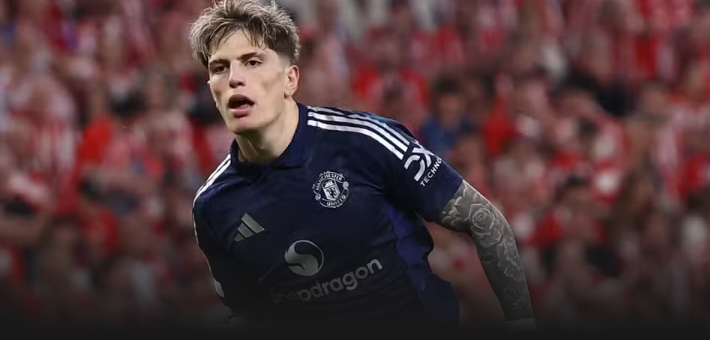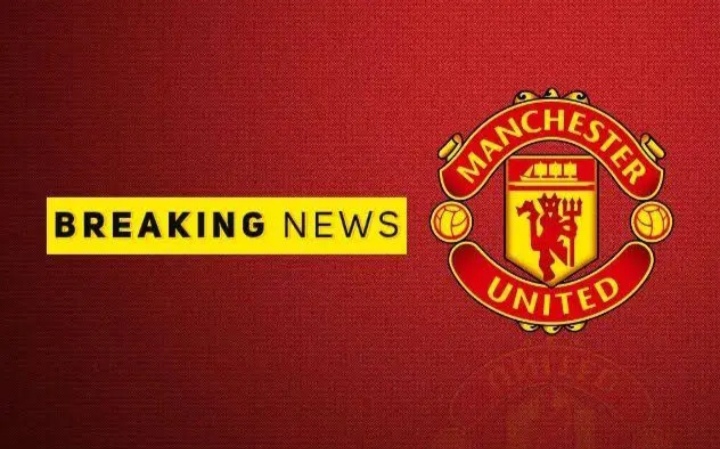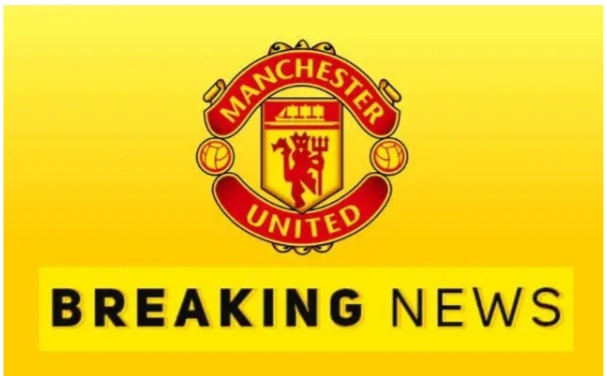In Manchester United’s emphatic 3-0 victory against Athletic Bilbao, a moment of controversy gripped fans and pundits alike after Alejandro Garnacho appeared to handle the ball just moments before United were awarded a penalty—leading to Dani Vivian’s red card and Bruno Fernandes’ goal. However, despite the uproar, VAR chose not to overturn the decision. Now, the reasoning has been officially explained.
Garnacho’s handball came as he slipped and the ball inadvertently struck his arm before play continued. United quickly transitioned the ball through Noussair Mazraoui, whose cross led to the penalty incident. Many believed the handball should’ve nullified the penalty—but IFAB’s Laws of the Game say otherwise.
According to Law 12 on handball offenses:
> “A handball offence is not committed when a player heads, kicks or plays the ball with another part of their body and it then hits their own hand/arm — unless the ball goes directly into the opponent’s goal or the player scores immediately afterwards.”
In Garnacho’s case, the touch was deemed accidental and not immediately impactful in a way that would justify VAR intervention. Since he neither scored nor passed directly to the scorer, the action was considered legal by the letter of the law.
So, while Bilbao fans may feel hard done by, the decision to uphold the penalty is rooted in the current rules—and it stands.





